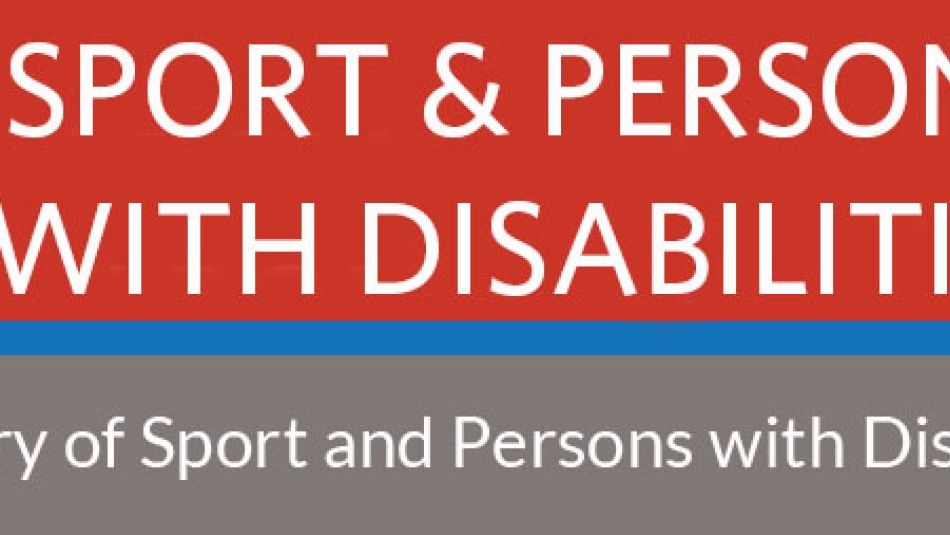
Unifor represents 310,000 workers across the Country - thousands of whom are persons with disabilities - working in every province and territory and in every sector of the economy. In addition to being the largest Canadian union in the private sector and in federally regulated industries, Unifor also has significant representation in the public sector. Unifor advocates for and defends the economic and social rights of working people so that all Canadians can achieve economic and social security, and live with dignity.
Unifor priorities
Discrimination based on disability is a daily reality for many Canadians. In Canada, and around the world, communities and workplaces are designed with the average individual in mind - one who faces very few, if any, barriers to full participation in economic and social life. This tendency to design for the norm puts up systemic barriers for people with disabilities that too often lead to societal exclusion and perpetual poverty.
People with disabilities need and deserve decent income and meaningful work. Every person needs to feed themselves and their families. All people deserve to be treated with dignity and respect. Unfortunately, employers often resist hiring persons with disabilities believing they will be unable to perform their roles and/or that providing reasonable accommodation will be prohibitively expensive. This attitude is rooted in fear and in stereotypes that focus more on the disability, whether visible or not, rather than the abilities of the individual. Studies have shown that this fear is unfounded and that people with disabilities often have low absenteeism and long tenures. Studies have also found that the addition of workers with disabilities in the workplace creates more diversity and makes for a more positive work atmosphere.
Furthermore, across the country, financial and in-kind public supports for people with disabilities are designed in such a way to incentivize people to work, not recognizing that for many, the fact that they are not working is not a choice, but an outcome of systemic barriers in the labour market and in public policy.
Unifor has long recognized that promoting an understanding of disability issues and supporting the dignity, rights and well-being of persons of all abilities is a social justice issue. Unifor understands that integration of persons with disabilities in every aspect of political, social, economic and cultural life will be beneficial to all people. Evidence and experience shows that when barriers to inclusion are removed, person with disabilities are empowered to participate fully in societal life and their entire community benefits.
Through educational initiatives and work at bargaining tables and in workplaces, Unifor continues to help change misperceptions and counter stigma and stereotyping about persons with disabilities, and recognizes that all people are important components of our human diversity. To this end, there is much work to be done.
Specific issues and recommendations
In light of our general concerns that too many people are excluded from participation in social and economic life due to preventable, yet systemic barriers, there are a series of recommendations of importance to Unifor members that we encourage the Minister to explore in the near term.
United Nations Convention on the Rights of Persons with Disabilities
Canada signed the United Nations Convention on the Rights of Persons with Disabilities in 2009 but has taken few steps to implement this human rights treaty. Unifor encourages the federal government to fully implement the convention. Any steps taken by government must promote accessibility and remove all types of barriers in society to ensure that persons with disabilities can exercise their human rights and participate fully in the economic, political, social and cultural lives of their communities.
National Disabilities Act
The newly elected Federal government campaigned on a platform that included support for a National
Disabilities Act. We are hopeful that the Government will make good on its promise and make this a real priority and we expect that any national policy will:
• Promote the principle of empowerment.
• Make space for people with disabilities to create real opportunities to enhance their own capacities.
• Ensure people with disabilities are supported in setting their own priorities for their work and for their life.
• Ensure the Act applies to all persons with disabilities regardless of whether that disability is visible or invisible; physical or sensory; learning and/or intellectual; episodic or permanent; or even mental health related.
• Acknowledge and commemorate the International Day of Persons with Disabilities at the national level.
• Ensure people with disabilities have access to all federal government and Crown corporations, as well as to the buildings of federally regulated companies such as Via Rail, Air Canada, Bell Canada (all represented by Unifor) and the banking sector.
• Ensure access to any needed workplace accommodations so people with disabilities can continue to earn a living and live their lives in dignity.
• Real dignity and real empowerment will require the government to invest in people - in jobs, health, nutrition, transportation, education, and increased social protections. It is only through this kind of commitment and investment that people with disabilities will finally enjoy access to society on an equal basis
To download a fact sheet about Unifor's priorities for sport and persons with disabilities (PDF) click the link below:


